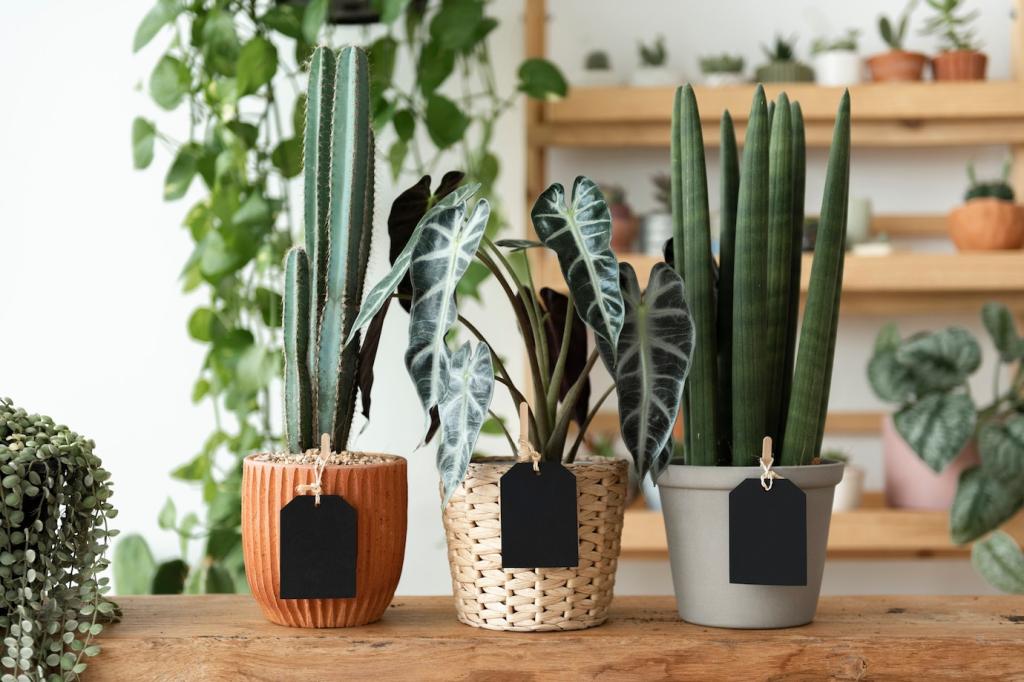Pflege, Sicherheit und Langlebigkeit
Prüfe Tragfähigkeit, kippsichere Montage und splitterfreie Kanten. Besonders bei Kinderzimmern sind ungiftige Oberflächen entscheidend. Teile deine Sicherheits-Checkliste, damit andere von deiner Erfahrung profitieren.
Pflege, Sicherheit und Langlebigkeit
Staub mit trockenem Tuch, gelegentlich nachölen, Flecken zügig abtupfen. Vermeide aggressive Reiniger. Abonniere, um unsere saisonalen Pflege-Erinnerungen und Produktempfehlungen rechtzeitig zu erhalten.









